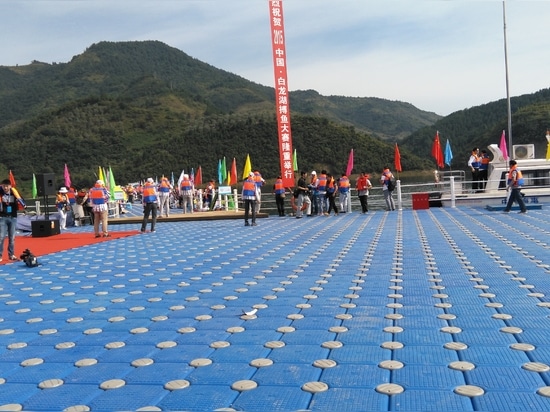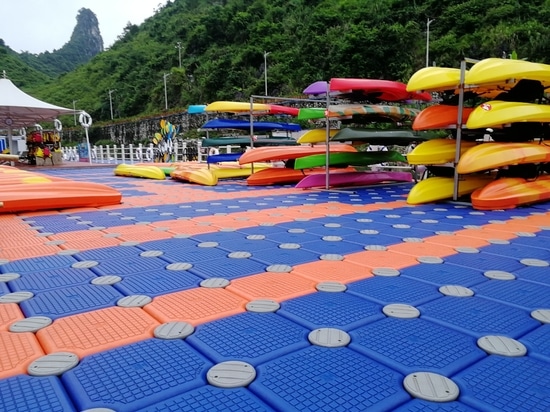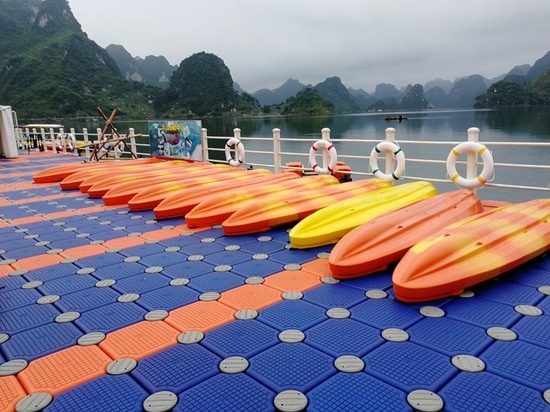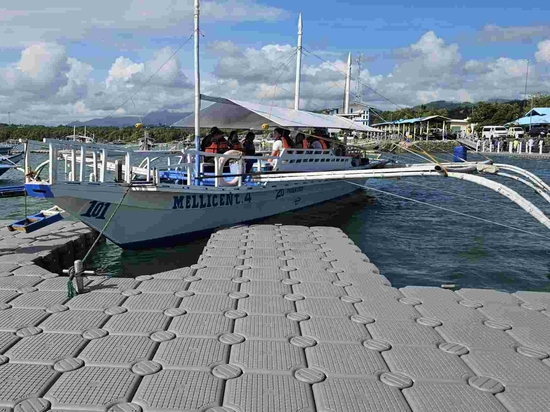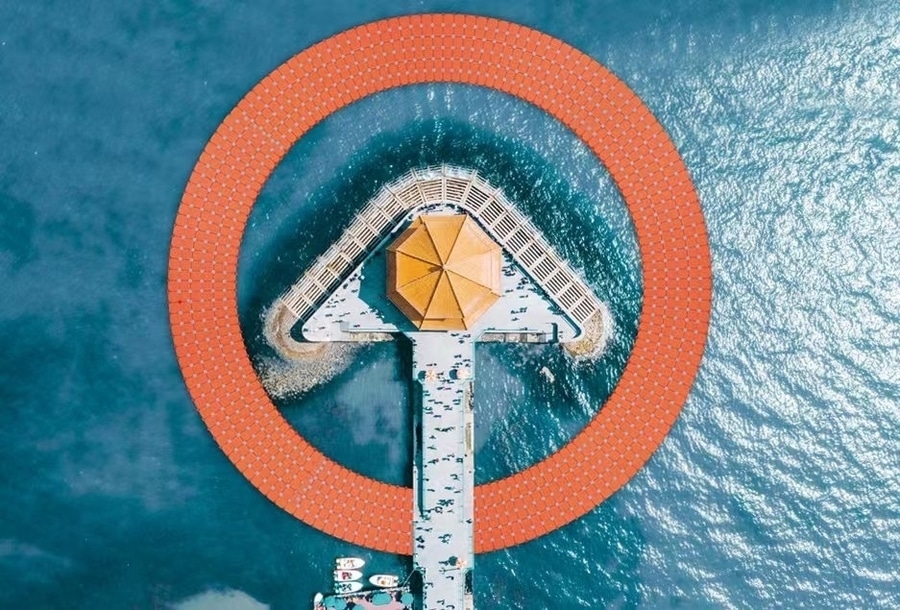
#Industry News
What are the advantages of Floating bridges
the benefits of using floating bridges.
Floating bridges, which are a type of bridge that floats on water instead of being erected on the ground, have become increasingly popular over the years. They have several advantages that make them a suitable choice for various applications. In this article, we will discuss some of the benefits of using floating bridges.
First of all, floating bridges are incredibly versatile.This is because they are easily movable and can be set up in just about any location with water.
Secondly, floating bridges are cost-effective. Traditional bridges are often expensive to build, and their long-term maintenance costs can be exorbitant. However, floating bridges are relatively inexpensive to construct and maintain. Additionally, they have the added advantage of being reusable, so they can be used again and again, reducing the need for new construction projects.
Moreover, floating bridges are easy to assemble and disassemble, making them a great option for temporary or seasonal use. This includes community events, such as fairs, parades, or concerts, where they can provide access to remote locations.
Lastly, floating bridges can have minimal environmental impact. The construction of traditional bridges can be a destructive process that can lead to soil erosion, the destruction of wildlife habitats, and other negative impacts on the environment. On the other hand, floating bridges require less infrastructure, have minimal environmental impact, and can be easily removed if necessary.
In conclusion, floating bridges have many benefits that make them a popular and versatile option for a wide range of applications. They are cost-effective, versatile, convenient, easy to assemble and disassemble, and have minimal environmental impact. With the growing need for innovative engineering solutions, floating bridges will undoubtedly continue to play a crucial role in the development of infrastructure and transportation systems around the world.
